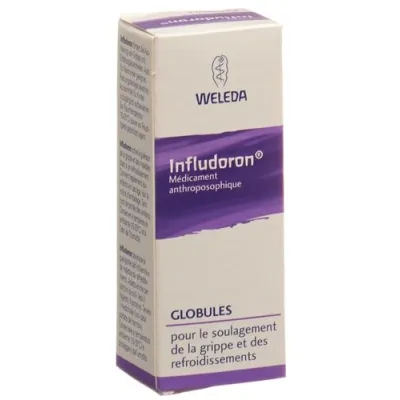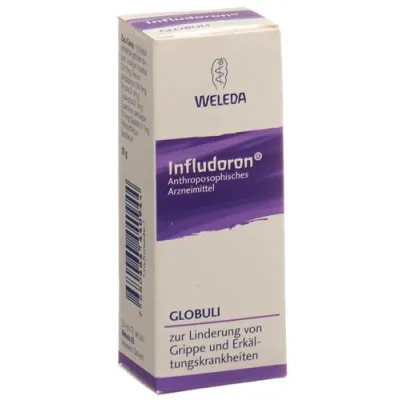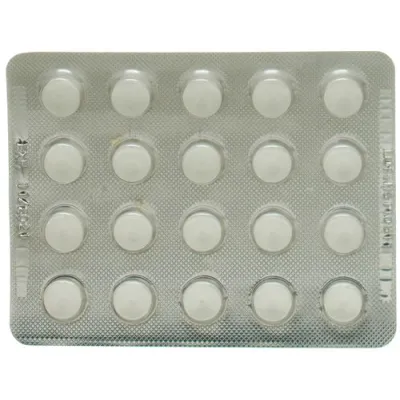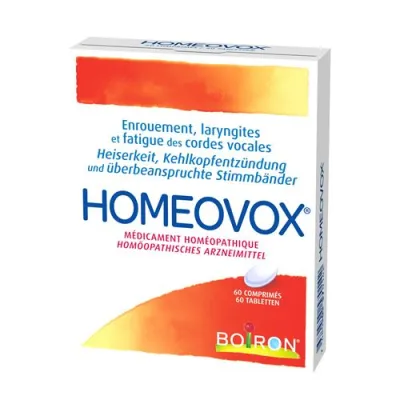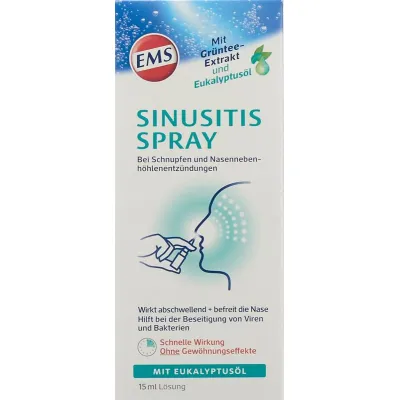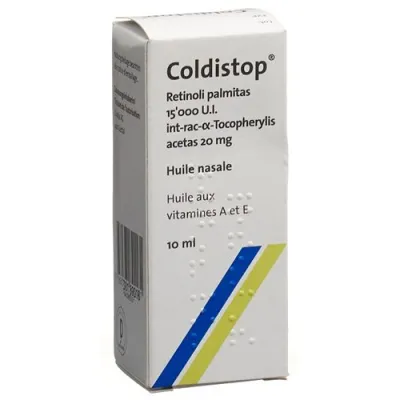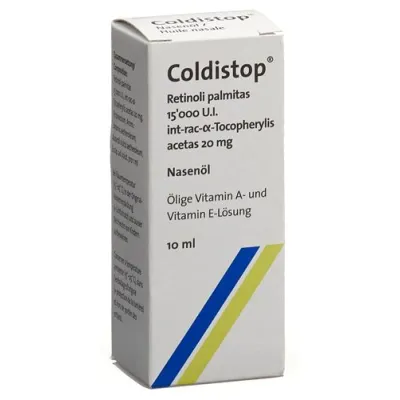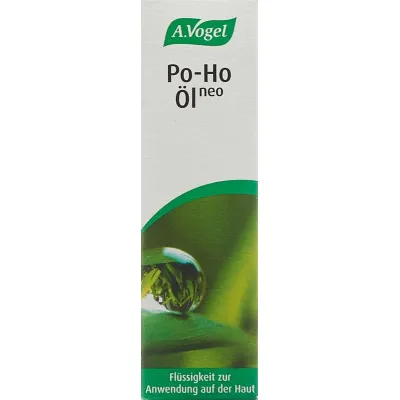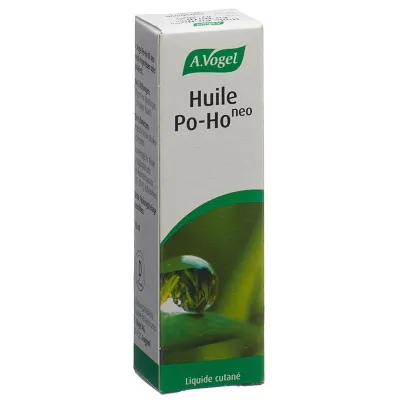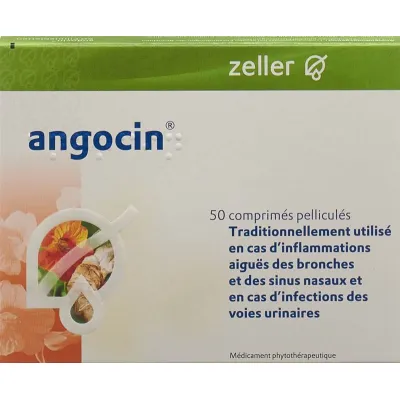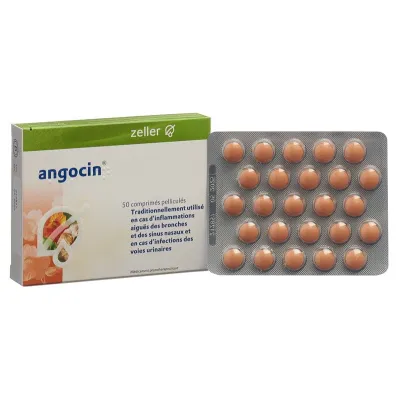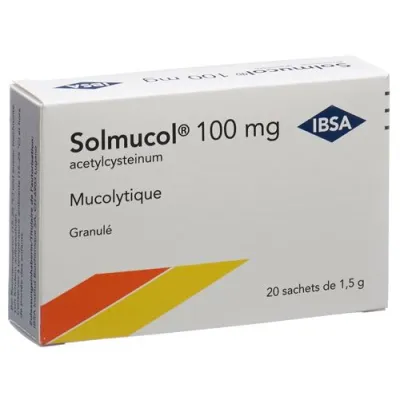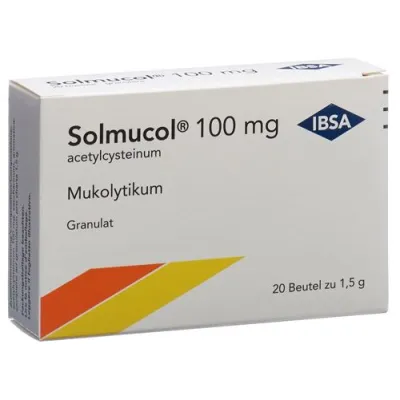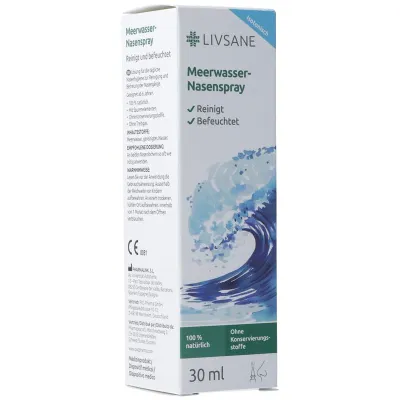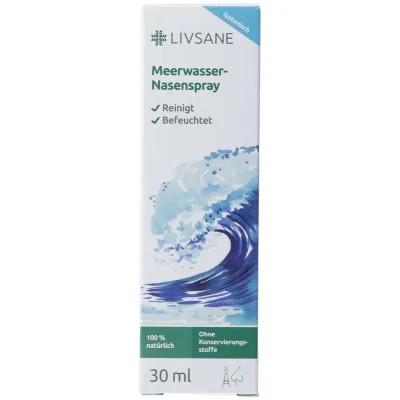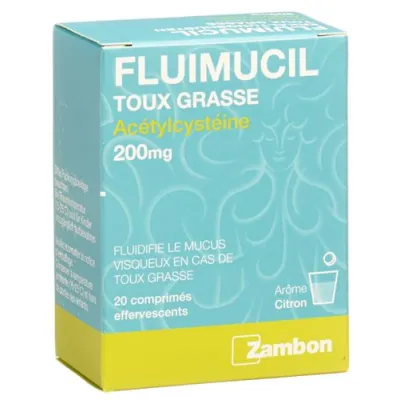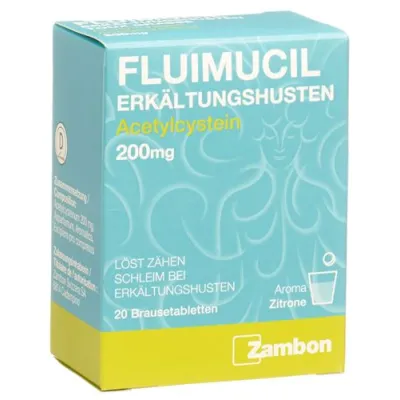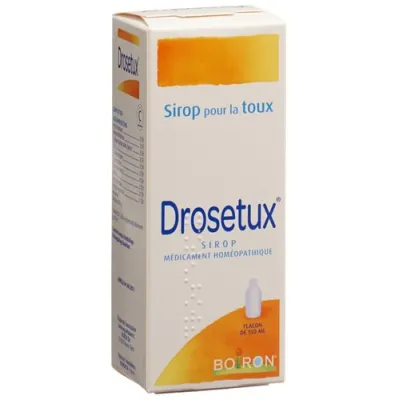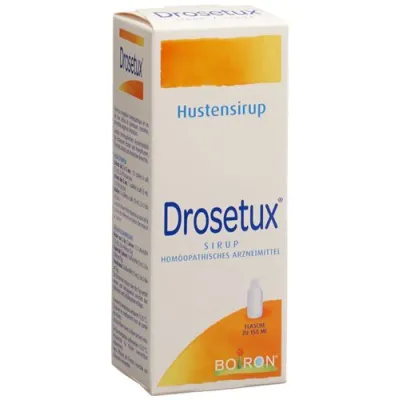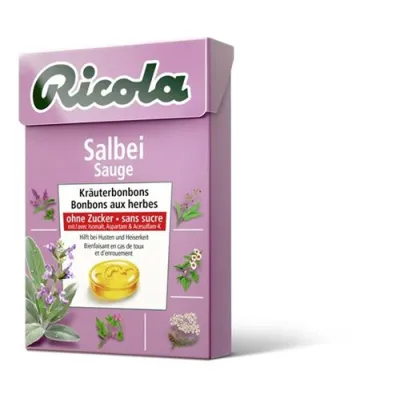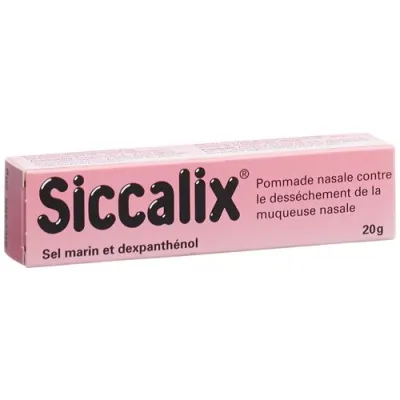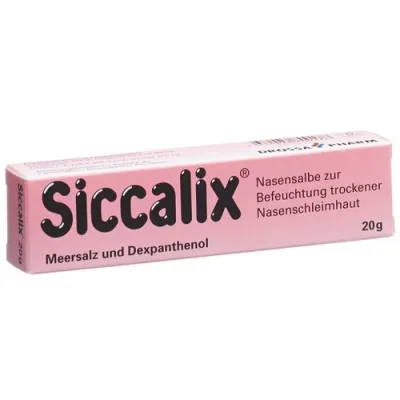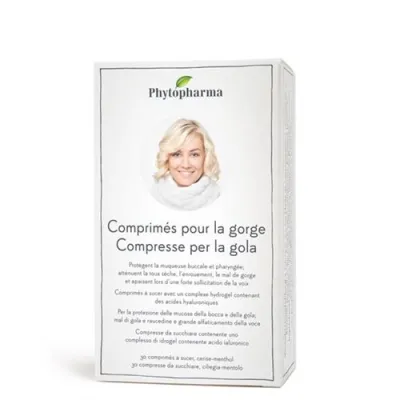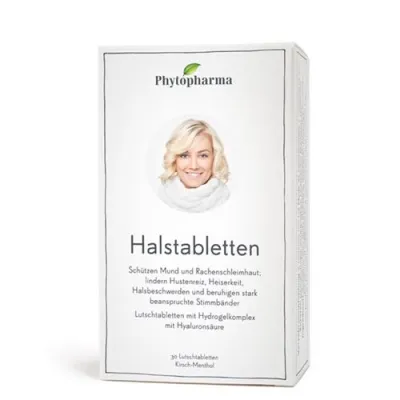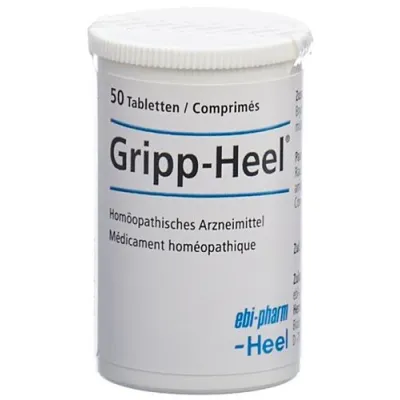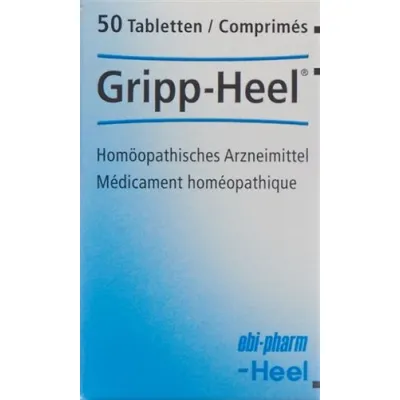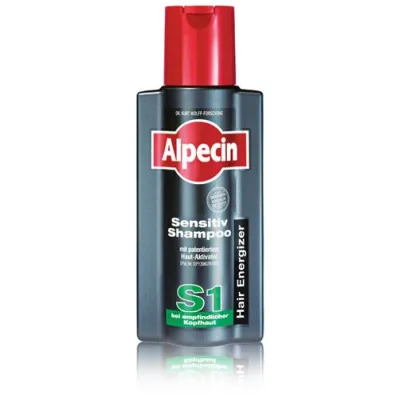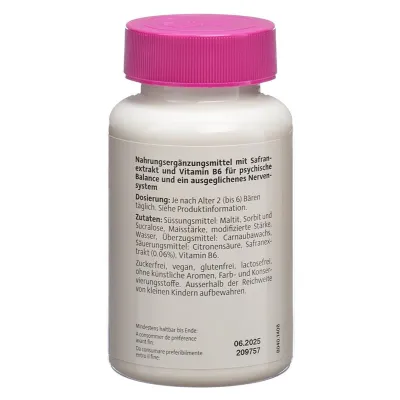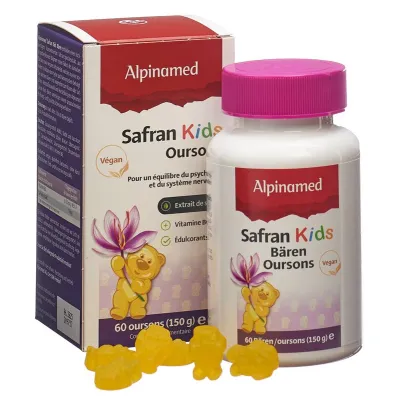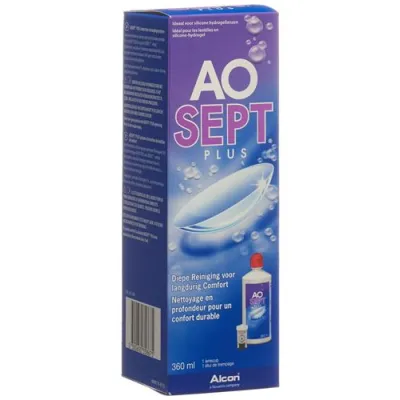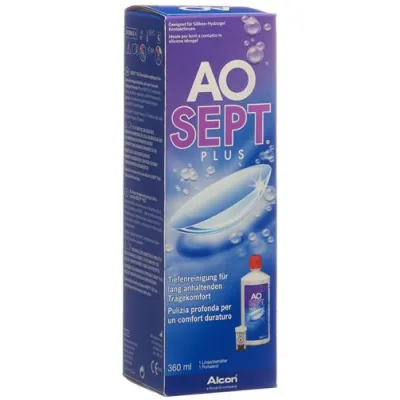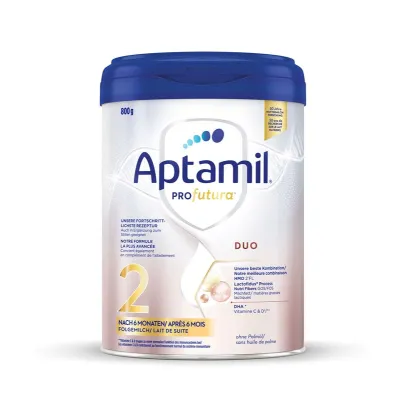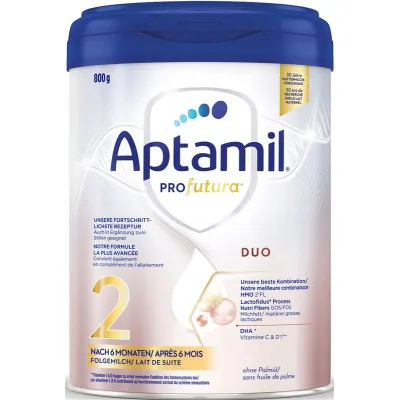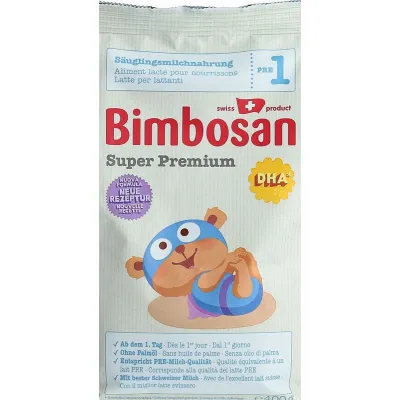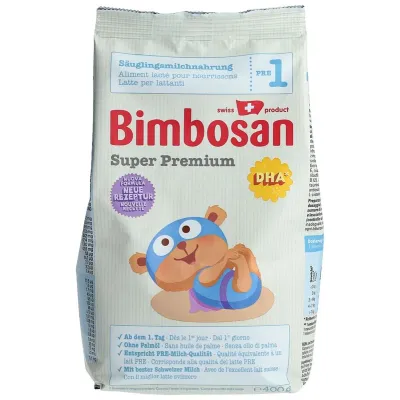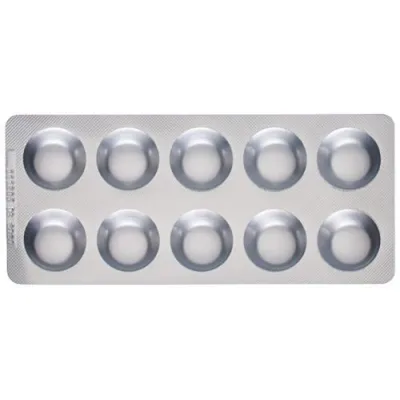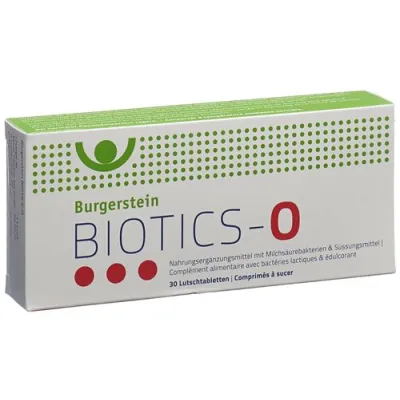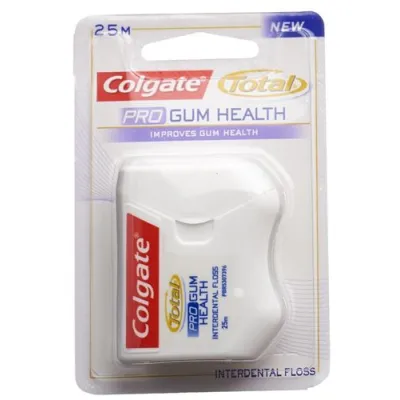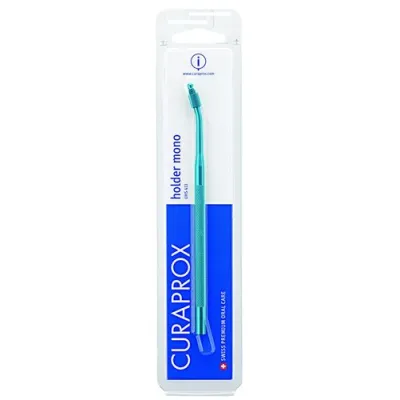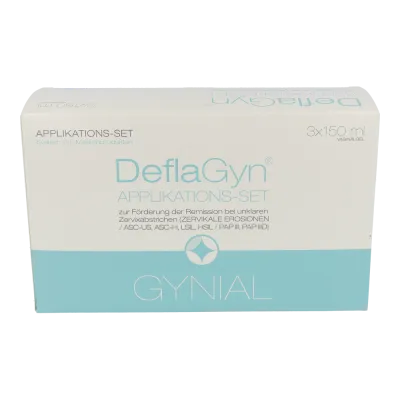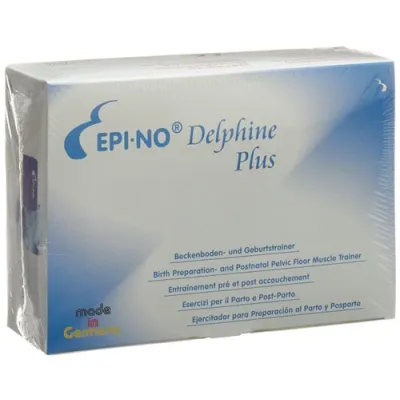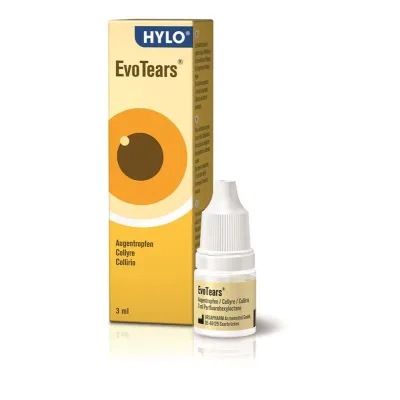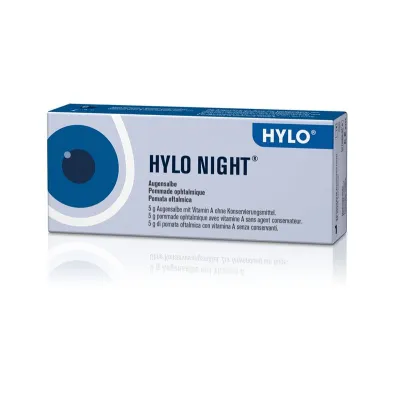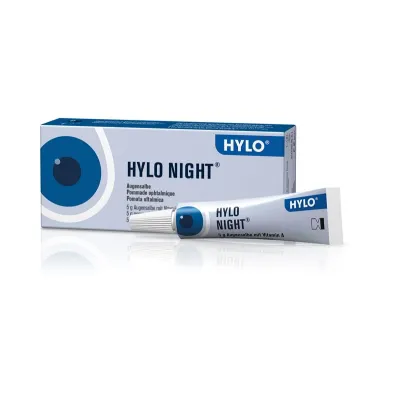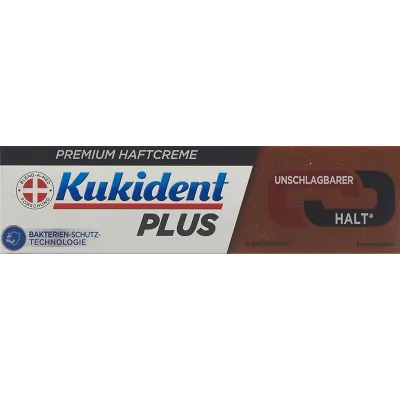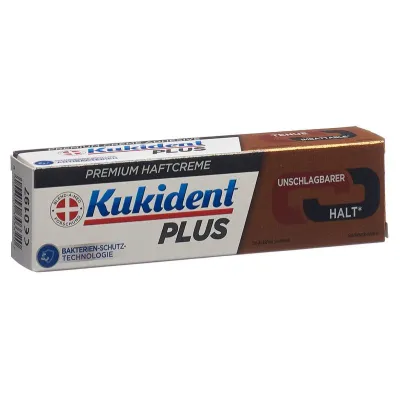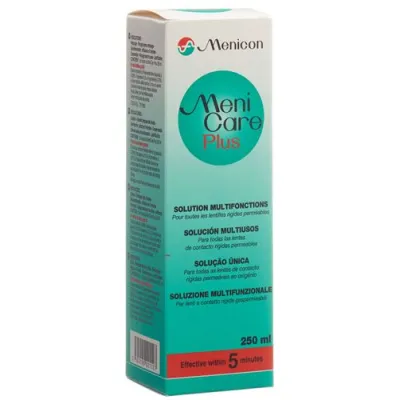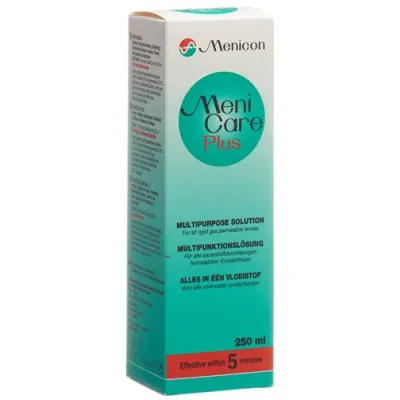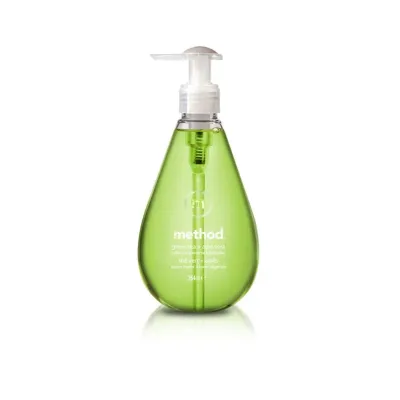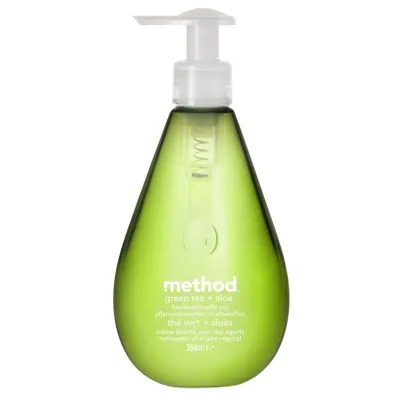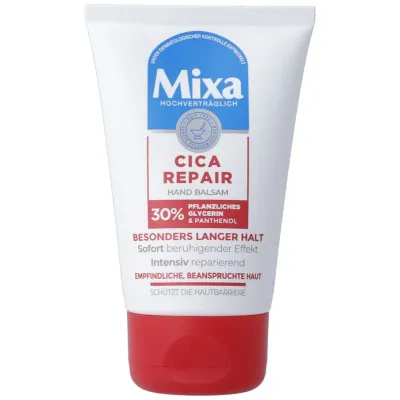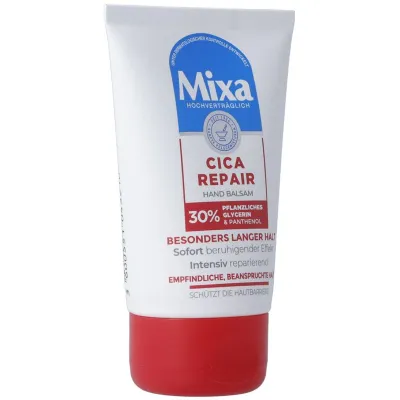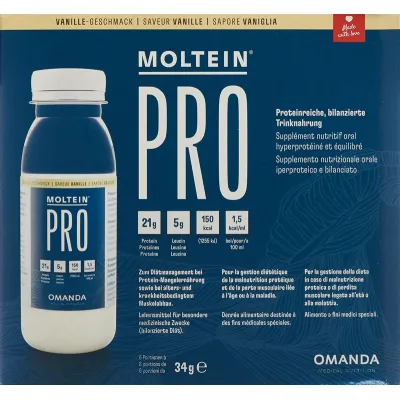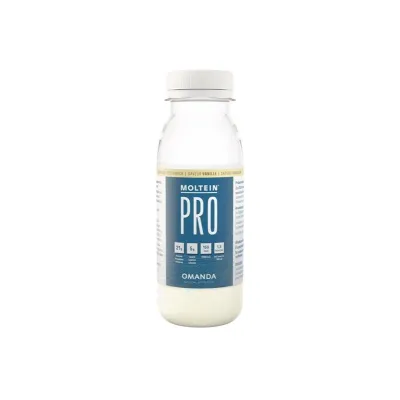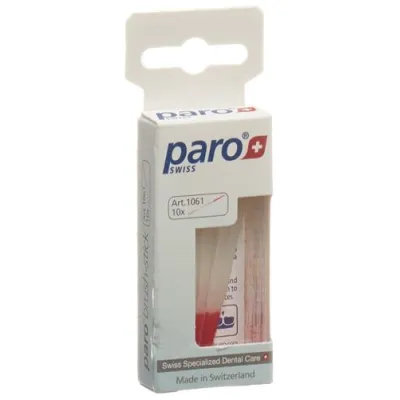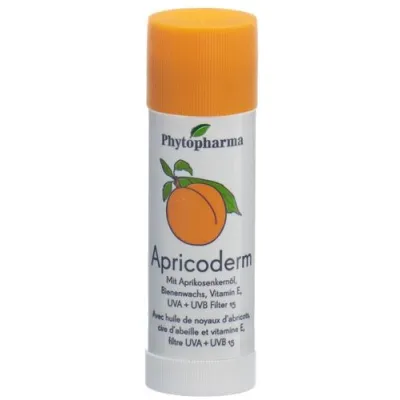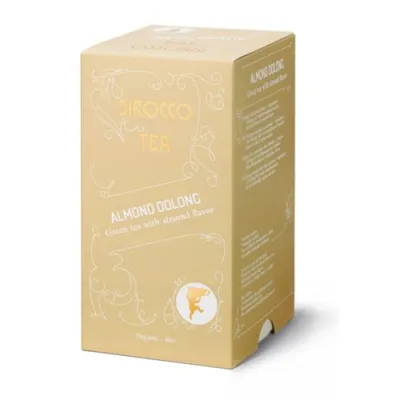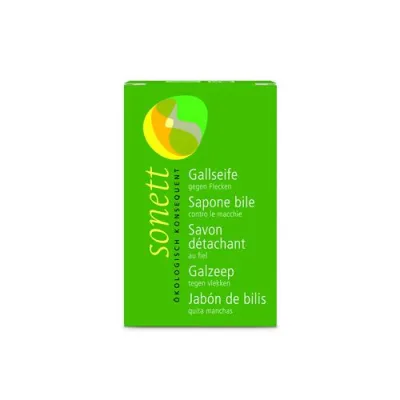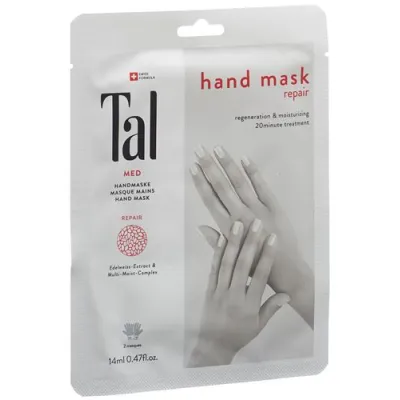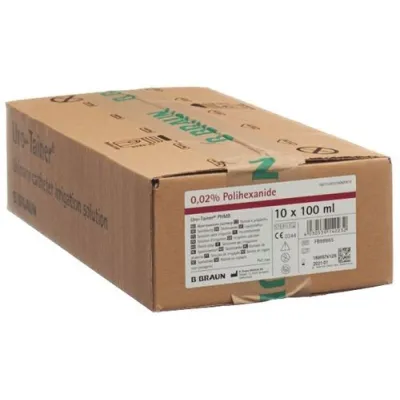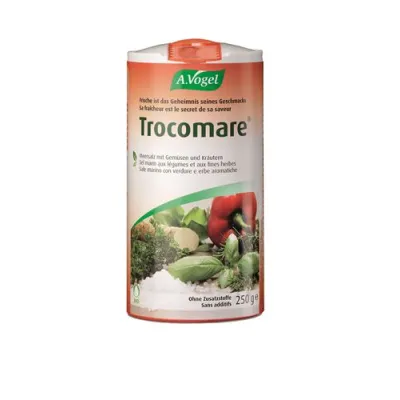Respiratory
(11 Pages)
Refine Search
Infludoron Glob Fl 10g
Swissmedic-approved patient information Infludoron® globules Weleda AG Anthroposophic medicinal pro..
43.94 USD
Homeovox tablets 60 pcs
Swissmedic-approved patient information Homeovox® tablets Boiron SA Homeopathic medicine AMZV W..
36.57 USD
EMS SINUSITIS SPRAY WITH EUCALYPTUS OIL 15
EMS Sinusitis Spray mit Eukalyptusöl EMS Sinusitis Spray mit Eukalyptusöl is a effective solution to..
21.82 USD
Coldistop Nose Oil Fl 10 ml
The vitamins A and E contained in Coldistop are used to relieve symptoms of chronically damaged muco..
21.65 USD
Tavegyl 1 mg 20 tablets
What is Tavegyl and when is it used?Tavegyl contains the active ingredient clemastine, an antihistam..
45.81 USD
Solmucol granules 100 mg without sugar 20 bags 1.5 g
What is Solmucol and when is it used?Solmucol contains the active ingredient acetylcysteine. Th..
11.98 USD
LIVSANE nasal spray isotonic sea water
LIVSANE Nasenspray isotonisches Meerwasser Product Description LIVSANE Nasenspray isotonisches Meer..
17.40 USD
Fluimucil cold cough effervescent tablet 200 mg 20 pcs
What is Fluimucil and when is it used? Fluimucil contains the active ingredient acetylcysteine. Thi..
25.33 USD
Drosetux Cough Syrup Bottle 150 ml
When is Drosetux cough syrup used? According to the homeopathic drug picture, Drosetux cough syrup c..
37.39 USD
Ricola sage herbal sweets without sugar 50g can
Ricola Sage herbal sweets without sugar 50g Box Enjoy the benefits of sage with Ricola Sage herbal ..
4.88 USD
Siccalix nasal ointment 20 g
What is Siccalix and when is it used? Siccalix is a nasal ointment for moistening dry nasal mucosa..
28.40 USD
Phytopharma Throat Lozenges 30 pcs
The Phytopharma throat tablets are a medical product that protect the mouth and the mucous membrane ..
25.00 USD
Gripp Heel tablets Fl 50 pcs
When is Gripp-Heel, tablets used? According to the homeopathic drug picture, Gripp-Heel, tablets can..
36.22 USD
(11 Pages)
Bestsellers
Respiratory diseases are conditions that affect the lungs and other parts of the respiratory system. These conditions can range from mild to severe and can be caused by a variety of factors, including viruses, bacteria, allergens, and environmental irritants. Some common respiratory diseases include asthma, chronic obstructive pulmonary disease (COPD), pneumonia, and influenza.
Antihistamines for systemic use are medications that are used to treat symptoms of allergies, such as sneezing, itching, and runny nose. These medications work by blocking the effects of histamine, which is released by the body in response to an allergen. Antihistamines can be taken orally or as a nasal spray and are available in both prescription and over-the-counter forms.
Cough and cold medicines are medications used to relieve symptoms of cough, congestion, and runny nose associated with the common cold. These medicines may contain a combination of ingredients such as antihistamines, decongestants, cough suppressants, and expectorants. It is important to use cough and cold medicines as directed and to avoid using them in children under the age of six, as they can be harmful.
Nasal preparations are medications used to treat nasal congestion and other symptoms of allergies and colds. These medications can be in the form of nasal sprays, drops, or inhalers, and may contain decongestants, antihistamines, or steroids. It is important to follow the instructions for use carefully, as overuse of nasal decongestants can lead to rebound congestion.
Medicines used for neck and throat infections are medications used to treat conditions such as strep throat, tonsillitis, and pharyngitis. These medications may include antibiotics, pain relievers, and anti-inflammatory drugs. It is important to finish the full course of antibiotics as prescribed, even if symptoms improve, to prevent the development of antibiotic-resistant bacteria.
In conclusion, respiratory diseases can be caused by a variety of factors and can range from mild to severe. Antihistamines for systemic use, cough and cold medicines, nasal preparations, and medicines used for neck and throat infections are all available to help manage symptoms and treat these conditions. However, it is important to follow the instructions for use carefully and to seek medical attention if symptoms worsen or do not improve.

